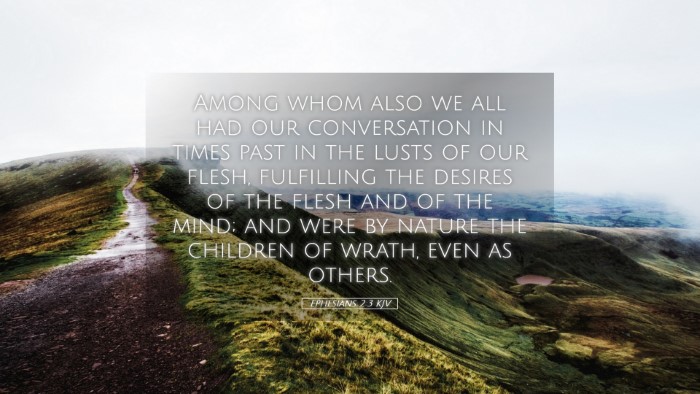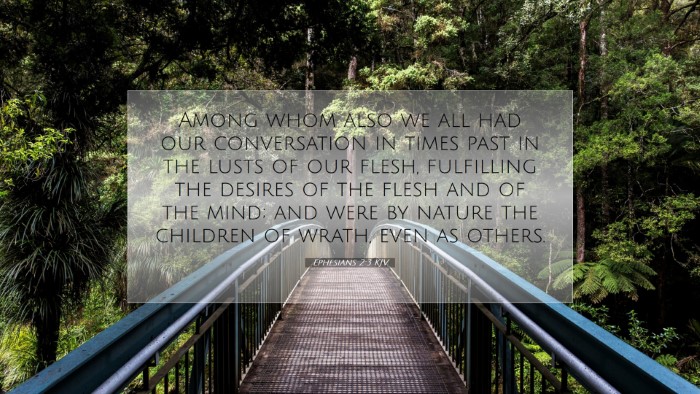Old Testament
Genesis Exodus Leviticus Numbers Deuteronomy Joshua Judges Ruth 1 Samuel 2 Samuel 1 Kings 2 Kings 1 Chronicles 2 Chronicles Ezra Nehemiah Esther Job Psalms Proverbs Ecclesiastes Song of Solomon Isaiah Jeremiah Lamentations Ezekiel Daniel Hosea Joel Amos Obadiah Jonah Micah Nahum Habakkuk Zephaniah Haggai Zechariah MalachiVerse
Ephesians 2:1 Ephesians 2:2 Ephesians 2:3 Ephesians 2:4 Ephesians 2:5 Ephesians 2:6 Ephesians 2:7 Ephesians 2:8 Ephesians 2:9 Ephesians 2:10 Ephesians 2:11 Ephesians 2:12 Ephesians 2:13 Ephesians 2:14 Ephesians 2:15 Ephesians 2:16 Ephesians 2:17 Ephesians 2:18 Ephesians 2:19 Ephesians 2:20 Ephesians 2:21 Ephesians 2:22

